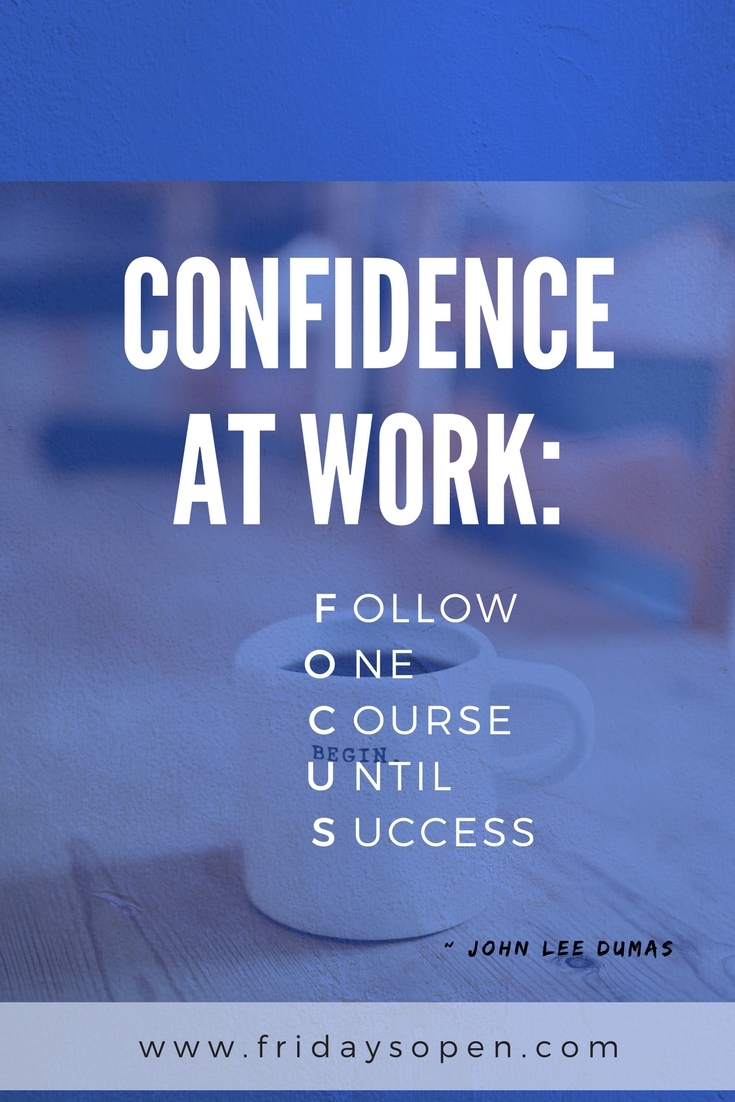Introduction: Unlocking the Potential of LinkedIn
Working hard, and meeting deadlines and targets are often not enough to climb the career ladder, especially with any speed.
I think the most underutilized tool in getting a promotion lies in visibility, networking, and brand-building—concepts that LinkedIn champions.
So, how can you leverage this social media platform to stand out?
This guide dives deep into optimizing your LinkedIn profile and actions to help you learn how to get a promotion.
First Impressions: The Power of a Strong Profile
Your LinkedIn profile is your digital calling card. It should not only reflect your career achievements but also your aspirations. Here's how to get it right:
Profile Picture and Cover Photo
The basics matter. Choose a professional profile picture and a cover photo that reflects your industry or personal brand.
No wearing of sunglasses, no cropping out the body of someone else who has their arm around you.
While your profile picture doesn’t have to be a professional headshot, it does have to be a clear and flattering picture of you. Cell phone cameras are so good now - just have someone snap a good shot of you - no professional photography necessary.
Headline and Summary
Your headline should encapsulate your professional identity. I always say it’s the most prime piece of real estate on your profile. The algorithm weights it heavily in search, especially by recruiters.
Your headline should be comprised of your current title and the variations of that title. While it can include your current company, it doesn’t have to.
Your summary should be optimized to include keywords relevant to your current and aspiring roles. The summary should also be written in the first person, telling a compelling story about your career trajectory and goals.
Skill Tags and Endorsements
LinkedIn allows you to attach files, links, or media to your work experiences. Use this to showcase presentations, projects, or even accolades that demonstrate your expertise and achievements.
Remember, your LinkedIn profile is not just your resume; it's your professional portfolio.
LinkedIn Premium: Is It Worth It?
If you’re serious about knowing how to get a promotion, consider investing in LinkedIn Premium. It offers features like InMail to directly message recruiters, advanced search filters, and insights on who viewed your profile.
Recommended Tools and Services
Leveraging LinkedIn for a promotion doesn't mean you have to go it alone. Here are some tools and services that can help:
1. LinkedIn Profile Rewriting Services: An optimized profile written by experts can be a game-changer. This is a service I offer, find out more here.
2. Post Scheduling Tools: Use tools like Publer (my favorite) to schedule your posts.
3. Profile Monitoring Tools: Websites like Shield help you analyze your LinkedIn activities and engagement.
Conclusion: Be Strategic, Be Consistent
Using LinkedIn to understand how to get a promotion isn't about gimmicks or hacks; it's about strategy and consistency.
Your visibility through activity can get the attention of your current and future employer.
And we’ve all heard stories of people who have leveraged additional job offers to gain a raise and/or promotion at their current employer.
Your profile is a dynamic entity, and your interactions on the platform should be purposeful.
By consistently showing thought leadership and maintaining an active presence, you not only become more visible but also validate your skills and expertise.
If you're seeking a promotion, don't overlook LinkedIn as merely a job search platform. Make it a career growth platform.
So go ahead, invest that hour a week, make those two weekly posts, and watch as doors start opening for you in your professional journey.












